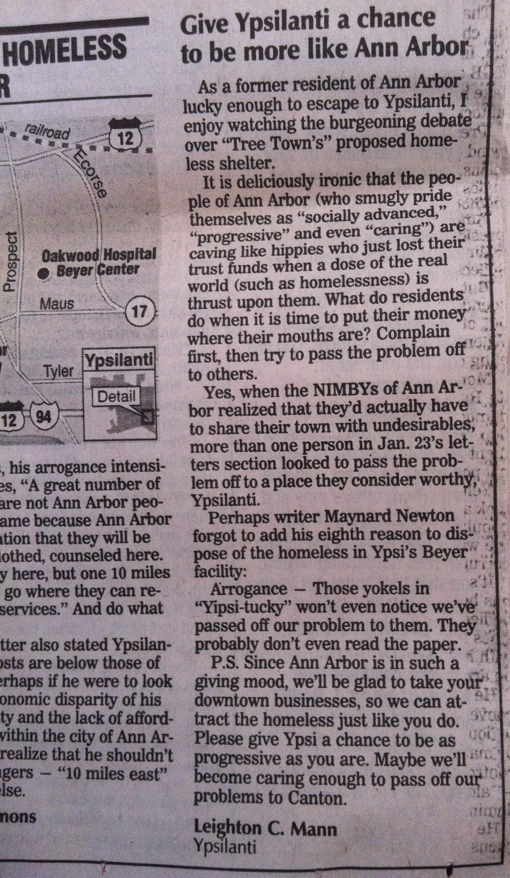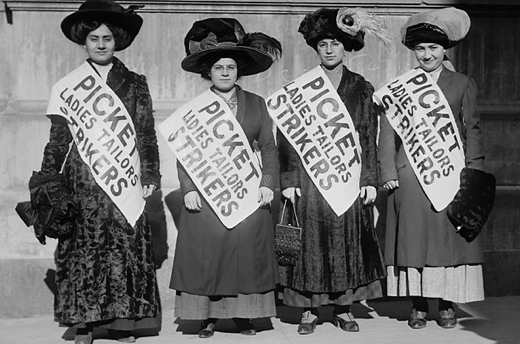A local woman by the name of Karrie Waarala is putting on a one-woman show at the Riverside Arts Center this weekend, and, as I thought that some of you might find the subject matter of interest, I took the opportunity to ask her a few questions. The show, which is entitled Long Gone: A Poetry Sideshow, opens Friday evening.
Mark: So, what’s the show about?
Karrie: The show tells the story of Tess, a tattooed lady in the circus sideshow, through a series of poems and monologues. I’ve been working on a collection of poems told from the point of view of people in and around the sideshow for the past two years for my MFA, and Tess is one of the two main characters in that collection. The whole thing is sort of a glimpse at the sideshow behind the sideshow… how people like Tess end up there, and the toll a life like that takes. She’s not exactly the well-adjusted type.
Mark: How much time, if any, have you spent among sideshow folk?
Karrie: I’ve been fortunate while doing research for this project in that all of the circus and carny folks I’ve spoken with have been really warm and welcoming and eager to share their stories. I got the opportunity to interview John Ringling North II, which was fantastic. The fire-eater performing before my show and providing the ballyhoo has been on the World of Wonders, the show run by sideshow great Ward Hall, and has some great stories. But I haven’t run off and joined the sideshow myself. Yet.
Mark: How’d the show come together? When did you have an idea to translate everything to the stage?
Karrie: In my MFA program, the Stonecoast low-residency program at University of Southern Maine, everyone is required to spend their third semester working on a project that is supplemental to our creative writing. I had begun work on a series of circus poems when I started the program in July ’09, which is when I got to see a fellow student perform a one-man show he had created for his third semester project. As soon as I saw that, I knew I wanted to do some sort of stage adaptation as well, since I have a background in performance poetry. At first I was writing all across the circus, and had envisioned a sort of three-ring poetry spectacle with a variety of performers and myself safely in the wings as the writer/director. As I continued to work on the series of poems, however, it became clear that I was focusing on the sideshow, and in particular, these two main characters, a tattooed lady and a sword swallower. Once I realized that, I saw that what I really had on my hands was a one-woman show. Which was scary as hell, but still better than writing a 35-page literary theory paper.
Mark: And you’re in the process of raising money for it on Kickstarter? How’s it going?
Karrie: It went great! Fundraising on Kickstarter ended last Friday, and people ended up pledging 115% of my goal. In exchange for their backing, they’ll get things like tickets to the show, chapbooks, DVD’s, and a couple people even pledged enough to get to get their name or a design worked into the temporary tattoos that are part of my costume. Basically, I sold advertising space on my skin like NASCAR does on cars. Fortunately no one wanted a motor oil logo.
Mark: So, when’s the show, and how much are tickets?
Karrie: This Friday and Saturday, April 1 & 2, at the Riverside Arts Center in Ypsilanti. The show starts at 8 pm, but doors to the midway open at 7. We’ve got a fire-eater, a juggler, a fortune teller, a barker who may have some more sideshow fun up his sleeve… Tickets are $10 and available at the door or online.
Mark: Oh, and what brought you to Ypsi?
Karrie: I’m from Milford originally, and moved back to this side of the state for a job in Ann Arbor a few years ago. I got a great job offer in Auburn Hills a year after that, but that was right when the housing market crashed, so I couldn’t sell my place. Stayed in Ypsi and drove back and forth for 4.5 years. I just put aside my career as a library director to be a full-time student/writer about three months ago, and it’s nice to finally get to live in Ypsi instead of it just being the place where I fall over at night. There’s some really awesome stuff going on in this town.
And, here’s an excerpt from the opening poem of the show, from which the title comes:
Tomorrow.
When this here bundle of escape
wrapped up in lights and canvas
is nothing but a field once more,
when the sideshow has yanked up stakes
and we’re nothing but taillights,
once you wash the cotton candy
out of your one good dress
and the toy soldier your kid won
at the milk can pitch breaks,
when your calendar blanches
back into empty squares,
when the stink of hogs won’t
scrub out of your hair,
when the tractor coughs its last
and the bank calls to inquire
about the flagging mortgage
and we are riding the bills
that lined your pockets yesterday
across a whole map of state lines,
gypsy-blooded and long gone,where will you be?
~ from “The Tattooed Lady Answers the Marks”
















